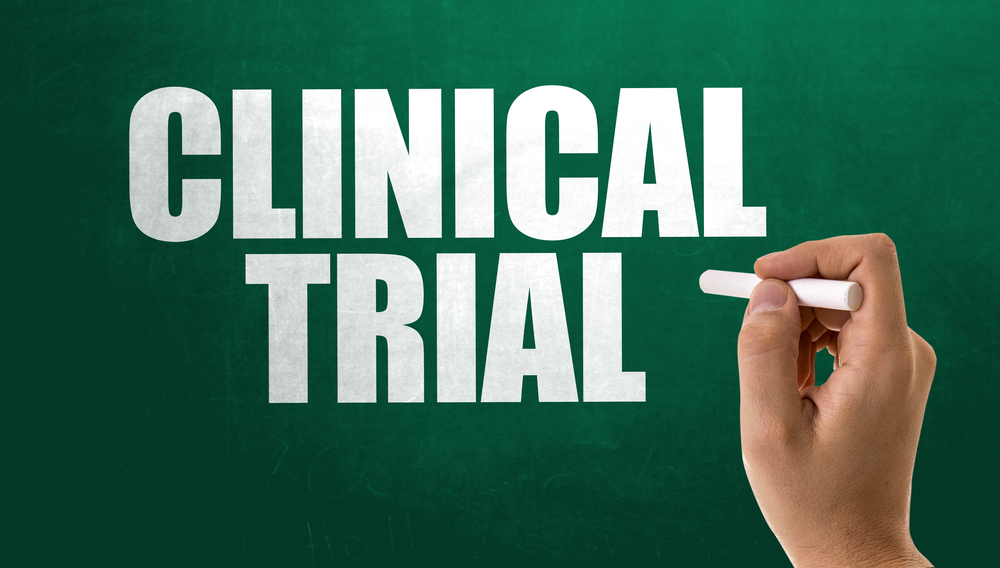Apellis Stopping Development of APL-2 for Lupus Nephritis After Completion of Phase 2 Trial
Written by |

Apellis Pharmaceuticals has decided to stop the development of an experimental therapy known as APL-2 for lupus nephritis and primary membranous nephropathy after the completion of an ongoing Phase 2 clinical trial.
The open-label Phase 2 DISCOVERY trial (NCT03453619) is testing APL-2 in four kidney diseases: lupus nephritis, primary membranous nephropathy, complement 3 glomerulopathy (C3G), and immunoglobulin A (IgA) nephropathy (also known as Berger’s disease).
The company will continue to develop the therapy for other kidney diseases and will present preliminary results of the trial in C3G at the upcoming American Society of Nephrology (ASN) Kidney Week 2019.
“We remain focused on advancing clinical development in diseases where we believe APL-2 has the greatest potential to make a transformative difference,” Cedric Francois, co-founder and CEO of Apellis, said in a press release. “With this approach in mind, we decided early on in this study to focus on C3G.”
Lupus nephritis is a type of kidney inflammation and one of the most common manifestations in people with systemic lupus erythematosus. Proteinuria — abnormally high levels of proteins in urine — is among the clinical signs of lupus nephritis.
APL-2 (pegcetacoplan) is a lab-made peptide that inhibits the C3 protein. C3 is a critical component of the complement system, which contains more than 20 blood proteins and forms part of the body’s immune defenses.
In lupus nephritis, CeG, primary membranous nephropathy and IgA nephropathy, overactivation of the complement system damages the kidney’s filtration system.
By blocking C3, APL-2 may help prevent complement-mediated inflammatory response and renal injury.
The DISCOVERY trial enrolled 21 patients: two with lupus nephritis, eight with C3G, six with IgA nephropathy, and five with primary membranous nephropathy.
Patients are given daily infusions of APL-2, delivered via under-the-skin infusion over 48 weeks. The study’s main goal is to assess the therapy’s efficacy by measuring changes in proteinuria at the end of treatment. DISCOVERY is expected to be completed in June 2020.
Apellis is the first to develop chronic therapy using a C3 inhibitor to clinical trials, according to the company.
APL-2 is also being tested in Phase 3 trials in people with paroxysmal nocturnal hemoglobinuria (NCT03500549) and geographic atrophy. Apellis also plans to start a Phase 3 trial of the therapy in cold agglutinin disease.




